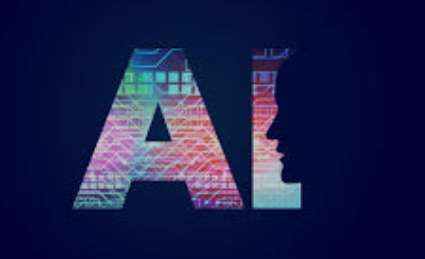'Stargate' Is Now Struggling: Tariffs, Recession Fears & Chinese AIs Are Backing Investors Away
According to people familiar with the matter, the "Stargate" project, led by OpenAI and SoftBank Group, has stalled due to uncertainty from Trump's proposed tariffs and recent industry developments.In

According to people familiar with the matter, the "Stargate" project, led by OpenAI and SoftBank Group, has stalled due to uncertainty from Trump's proposed tariffs and recent industry developments.
In January, former U.S. President Donald Trump announced at the White House that OpenAI, SoftBank, and oracle would collaborate to build AI-supporting infrastructure in the U.S., dubbed "Stargate." The project was initially slated for a $100 billion investment, with plans to add up to $500 billion over the next four years.
However, more than three months later, SoftBank has yet to finalize a financing framework or engage in detailed discussions with banks, private equity investors, or asset managers.
Sources familiar with the matter revealed that SoftBank held preliminary talks earlier this year with financial institutions including mizuho Bank, jpmorgan, apollo global management, and Brookfield Asset Management. But as economic volatility increased and AI service prices declined, financiers reassessed data center investments, leading to stalled negotiations. Rising capital costs and concerns over a potential global recession, weakening demand for data centers, have further complicated discussions.
Insiders noted that Trump's aggressive trade policies have negatively impacted the outlook for AI investments. Higher borrowing costs, coupled with fears of an economic downturn, have made the demand for data centers uncertain, stalling financing efforts.
Adding to the complications, the emergence of cheaper AI models- such as those from Chinese startup DeepSeek- has raised doubts about the future profitability of OpenAI-linked projects.
SoftBank is advancing the Stargate project through a dedicated 20-30 person team under its Vision Fund, led by Vikas J. Parekh, Managing Partner for the Americas, who has extensive experience in automation and enterprise software.
Earlier this month, OpenAI announced plans to invest in AI infrastructure outside the U.S. as an extension of Stargate. The company aims to launch 10 global projects initially, with funding potentially coming from OpenAI itself and partner governments.
However, uncertainty continues to pressure financing talks. Analysts at TD Cowen, led by Michael Elias, warned that data center construction costs could rise 5% to 15% due to tariffs on server racks, cooling systems, chips, and other components, with some operators facing even higher price hikes.
Potential Stargate investors have also grown wary amid concerns over a computing power glut. While tech suppliers have poured money into data centers to fuel AI growth, Microsoft has scaled back its global data center projects, and Amazon is adjusting its strategy.
However, notably, last week, OpenAI CEO Sam Altman testified before Congress, confirming that the first Stargate data center in Texas is still progressing. He described the facility as "the largest AI training complex in the world" and emphasized its role in building a U.S.-based supply chain for power generation, servers, and chips.
Disclaimer: The views in this article are from the original Creator and do not represent the views or position of Hawk Insight. The content of the article is for reference, communication and learning only, and does not constitute investment advice. If it involves copyright issues, please contact us for deletion.